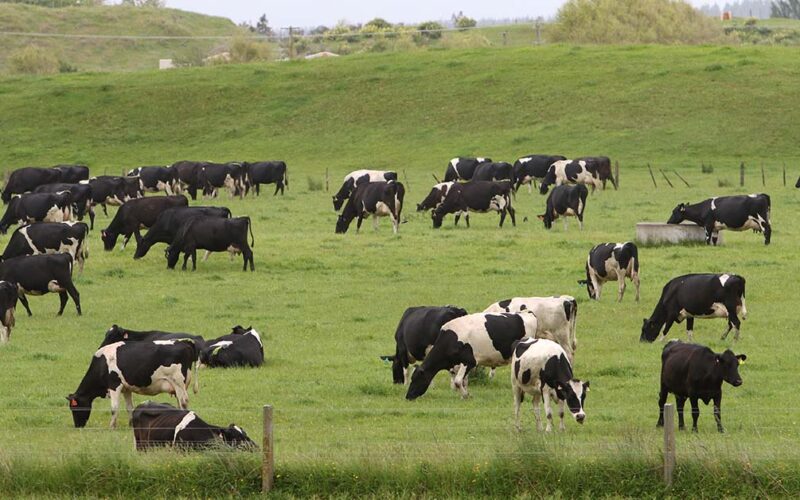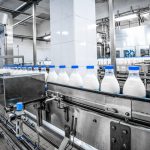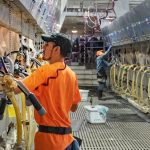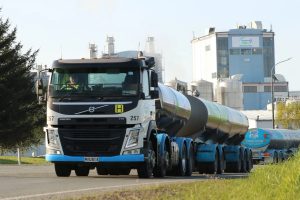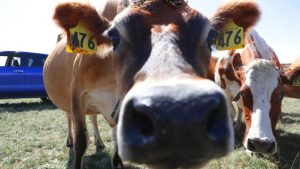
Miraka CEO urges the fast-tracked adoption of new technologies to keep NZ ahead in the mitigation race.
A dairy processing head believes New Zealand’s leading position as a low carbon focused economy may be at risk as other countries move more quickly to approve and deploy mitigation technology.
Karl Gradon, CEO for Taupō-based Miraka, said he hopes the new government will fast-track and adopt new technology like Bovaer and red seaweed, compounds already being employed around the world.
“Given the importance of methane to our country’s emissions profile, we should be the first to deliver on its use in a safe and efficacious way,” he said.
Miraka has 100 large dairy farm suppliers that Gradon describes as being at the leading edge of early adopters, keen to buy into the company’s strong kaitiakitanga (environmental guardianship) core values.
“This is part of our value proposition to our customers.
“Our farmers tend to have a different risk profile. They want to adopt new technology quickly and that makes us a pretty appealing company to be rolling out this methane-reducing technology.”
He said at a processing level Miraka has done almost as much as it possibly can to reduce the plant’s carbon footprint.
That includes relying on geo-thermal rather than coal power, focusing on waste minimisation and now moving towards having a hydrogen-powered transport fleet.
Overall carbon emissions are 92% below the industry’s coal-fired average.
“At a plant level there is not a lot more we can do.”
Having trained as a biochemist, Gradon acknowledged that getting solutions like methane-reducing compounds proven can take time.
But he noted despite significant and lengthy investment in programmes like the Pastoral Greenhouse Gas Research Consortium, no solution has presented itself yet.
“That’s compared to the reductions we have seen using red seaweed compounds.”
While red seaweed compounds are an obvious option, he maintains his company is agnostic on what products are best, and just wants to see a range of tools given to farmers to meet the emission reduction demands placed on them.
Looking overseas at the adoption of different methane mitigation compounds, Gradon said he fears NZ may only have a few short years before its “world’s lowest agricultural emitter” claim is no longer the case.
“This should be our No 1 focus. It’s critical to keeping market doors open.”
He said he regularly receives inquiries from Miraka’s overseas customers on what is being done to reduce methane emissions from livestock here.
“And that is not just from the usual suspects like Danone and Nestlé. That includes our Chinese customers. There has been a surge in awareness globally on the impact we have on the environment.”
The only feedback he has heard is that NZ does not appear to be doing enough fast enough.
“We are also doing some great things. But it is about having a clearer focus on doing the right things faster and requires pan-industry pressure to deliver on that.”
You can now read the most important #news on #eDairyNews #Whatsapp channels!!!
🇺🇸 eDairy News INGLÊS: https://whatsapp.com/channel/0029VaKsjzGDTkJyIN6hcP1K
